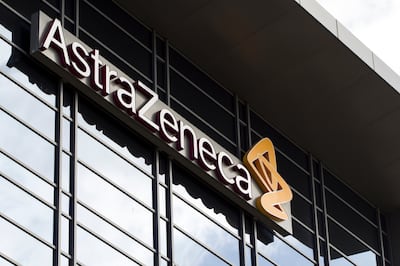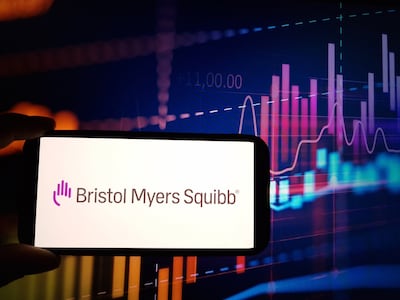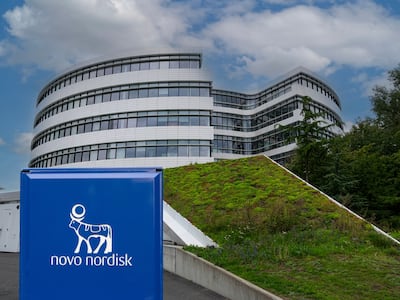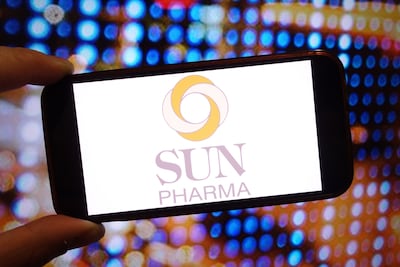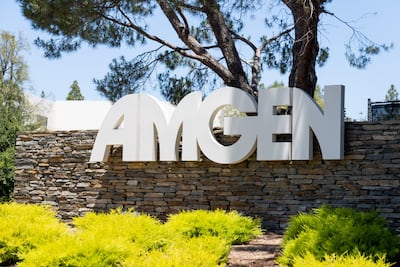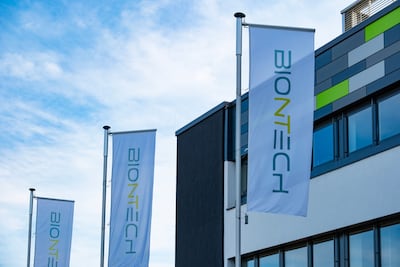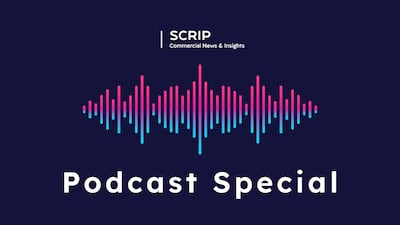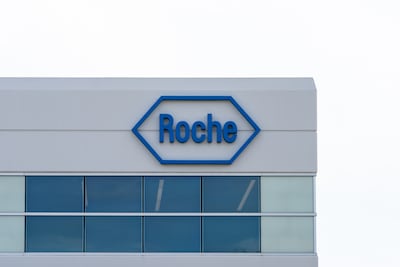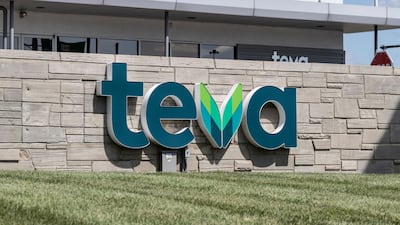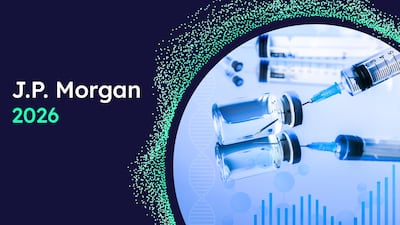Conferences
Given its already large cancer drug pipeline, EVP of oncology R&D Susan Galbraith spoke with Scrip about how AstraZeneca is making precise choices about deals and development programs.
Bristol Myers Squibb execs David Elkins and Adam Lenkowsky spoke with Scrip about the company’s efforts to grow new products and advance novel drugs before Opdivo and Eliquis lose exclusivity in 2028.
Scrip spoke with Novo’s SVPs for global research and global business development, Jacob Petersen and Tamara Darsow, about dealmaking and R&D priorities after the company streamlined to focus more intensely on obesity and diabetes.
Revenue from Sun Pharma’s innovative medicines business overtook its generics business for the first time ever in Q2 of fiscal year 2026 and North American CEO Richard Ascroft is focused on maintaining the growth momentum.
Obesity drug MariTide and olpasiran in cardiovascular disease will not produce Phase III data until 2027, but Scrip spoke with Amgen EVP of R&D James Bradner about those programs, near-term pivotal readouts and dealmaking to boost research capabilities.
The company is getting ready for multiple cancer drug launches, potentially including anti-PD-L1/VEGF pumitamig. Chief commercial officer Annemarie Hanekamp spoke to Scrip.
The company’s chief operating officer and next CEO Karen Massey talked with Scrip about the rise of Vyvgart and how the Dutch biotech is planning for the next phase of growth.
Scrip senior editor Jessica Merrill, Scrip US managing editor Mandy Jackson and In Vivo senior reporter David Wild discuss trends and topics from interviews and presentations at the J.P. Morgan Healthcare Conference and Biotech Showcase.
VP Elizabeth Naldi-Jacob spoke with Scrip at the J.P. Morgan Healthcare Conference about Merck’s business development priorities and the company’s strategy for winning deals.
The Swiss pharma company is rebalancing the portfolio, emphasizing best-in-class drugs and moving into new areas like cardiovascular and metabolic disease.
Interviews during the J.P. Morgan Healthcare Conference and commentary at the Biotech Showcase foresaw a strong 2026 almost across the board for drug developers seeking funding.
Biogen’s president and head of North America talked to Scrip about the company’s commercial expansion into new areas in immunology and nephrology.
Broad stock market tensions pervaded the atmosphere as the world’s premier healthcare conference got underway.A lack of big-ticket acquisition announcements and continuing drug pricing pressures did nothing to improve stock and index performances.
CEO Ahmed Mousa believes buloxibutid represents a real breakthrough.
Management says it is prepared to sacrifice early volume if pricing fails to reflect the drug’s role in moderate to severe schizophrenia.
Execs at Biotech Showcase debated business models and platform monetization strategies for AI drug discovery companies, with some arguing they should develop internal pipelines and others advocating for partnership models.
While the biotech sector is optimistic once more, the annual conference did not bring a bounce to many companies.
The Niemann-Pick disease type C drug is off to a good start in the US but Europe may be even more lucrative, CEO Neil McFarlane tells attendees at the J.P. Morgan meeting.
Novo Nordisk talks about opportunity for obesity deals, Bayer looks for precision medicines and Boehringer Ingelheim tries to make big pharma small, plus more from day four of J.P. Morgan.
The company is currently well off the pace in obesity but believes some business development and a crossover with its Botox brand could help it compete.

